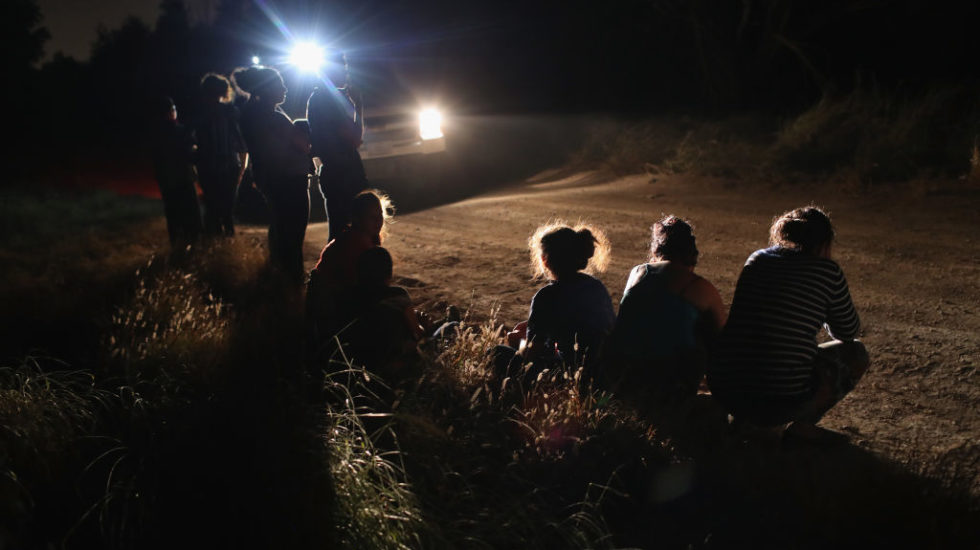Wrenched from their parents’ arms at the U.S.-Mexico border, 545 migrant children remain separated from their mothers and fathers years later, according to a court filing by the American Civil Liberties Union.
Most of the parents were deported in 2017 and are thought to be in Central America or Mexico. Their children were left behind, handed over to sponsors scattered around the U.S.
“It is critical to find out as much as possible about who was responsible for this horrific practice while not losing sight of the fact that hundreds of families have still not been found and remain separated,” Lee Gelernt, deputy director of the ACLU Immigrants’ Rights Project, told NBC News.
This situation grew out of President Trump’s 2016 campaign promise to stop illegal immigration, partly by building a wall along the entire southern border. Only small portions of that wall have actually been constructed.
Trump’s administration instituted a “zero tolerance” policy in 2018 that separated thousands of migrant children and parents at the border; most of them were reunited within weeks.
But it turns out that a year earlier, in 2017, border agents had begun quietly separating families detained under a secret “pilot program,” testing how the operation might work.
The result was a nightmare for those trapped in the system:
About 1,000 families were split up, the parents deported, the children sent all over the country to live with foster families or distant relatives.
Only last year did a federal judge order that those families be reunited. The ACLU and other groups were tasked with finding them. So far, the parents of 485 have been located.
That leaves 545 whose parents have not yet been contacted. Lawyers think 75 of them will be reachable by phone, while 187 more have been located, but not reached successfully, reports the Associated Press. The whereabouts of the rest — parents of 283 kids — is a mystery.
“Some of these children were just babies when they were separated. Some of these children may now have been separated for more than half their lives. Almost their whole life, they have not been with their parents,” said the ACLU’s Gelernt.
The 2017 pilot program was poorly documented, so in many cases, it falls to “a network of human rights lawyers and nonprofit staff” who try “to physically track families on the ground in Honduras, Guatemala, El Salvador and Mexico,” reports the Washington Post. That effort has been severely hampered this year by the Covid-19 pandemic.
U.S. District Judge Dana Sabraw will hold a hearing in his Southern California court on Thursday to learn the status of the reunification efforts.



